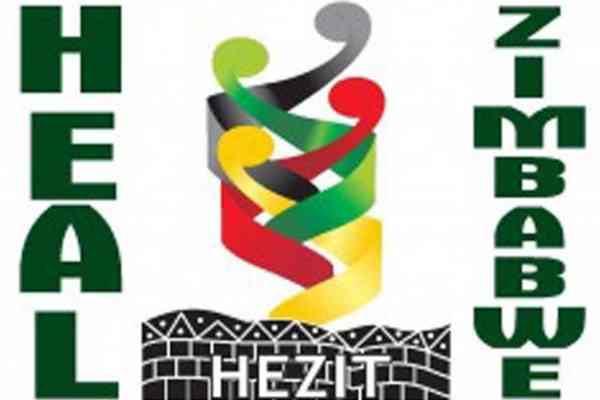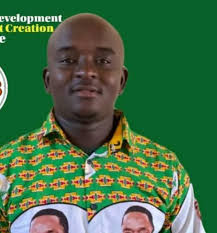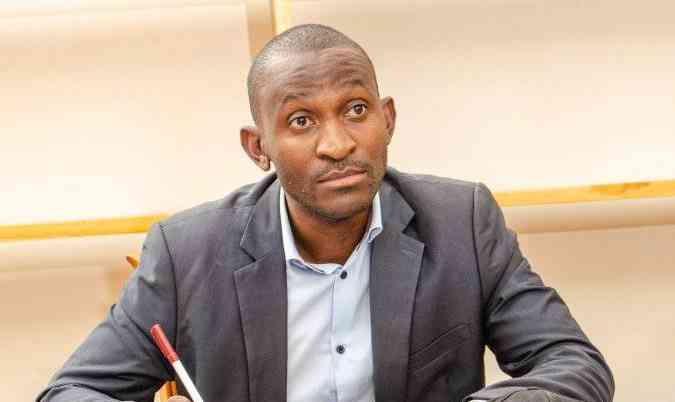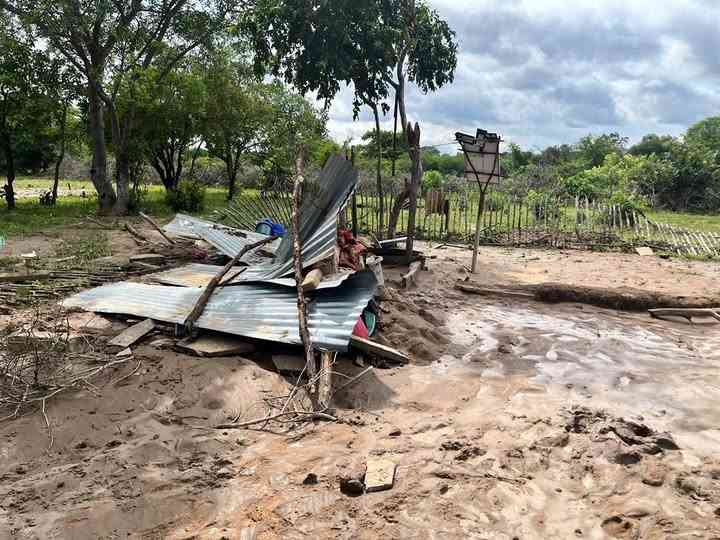
GOVERNMENT has been urged to provide protection to Gukurahundi victims and witnesses during the outreach programme to ensure the success of the programme.
President Emmerson Mnangagwa launched the public hearings at the State House in Bulawayo on Sunday.
This is the first time the government has taken what seems like concrete steps to address the 1980s mass killings in Matabeleland and Midlands regions.
Peace-building organisation, Heal Zimbabwe Trust (HZT), however, said the success of the programme hinged on the government ensuring that victims speak freely during the outreach programme without fear of reprisals.
“The outreach must provide a witness protection mechanism that is clear and well explained to communities to avoid fears of victimisation of survivors,” HZT said in a statement.
“The witness and survivor mechanism must ensure that victims are treated with dignity and humanity, witnesses are assured to present their views and concerns and there is an effective long-term witness protection programme.”
In the past, HZT wrote a policy brief on the protection of victims and witnesses.
There are, however, no clear timelines as to when the public hearings will start or end.
- NoViolet Bulawayo’s new novel is an instant Zimbabwean classic
- Jah Prayzah, Zanu PF rekindles ‘lost love’
- Bank workers appeal to Ncube for tax relief
- Indosakusa marks 21-year anniversary milestone
Keep Reading
Traditional leaders have been tasked with leading the exercise.
HZT, however, called on the government to ensure the chiefs conduct the exercise without undue interference.
“Government must take a step back from the programme as it is conflicted to lead the process. While President Mnangagwa has said traditional leaders are leading the process, he must not be seen as hand-holding the chiefs in the process,” HZT said.
“The process must devolve to the villages to ensure wide consultations that are rooted in communities to ensure no one and no place is left behind.”
HZT said a bottom-up approach was critical in correctly capturing the “voices, demands and wishes of the victims and communities affected by Gukurahundi”.
“The outreach programme must be victim-centred, genuine and sincere, recognising the centrality of victims and survivors to the consultations and the implementation of their demands for true healing . . .”









